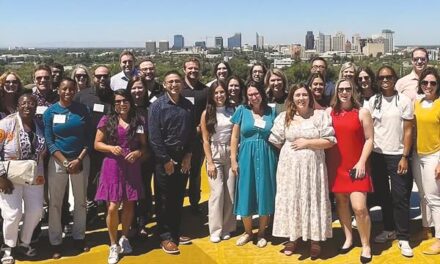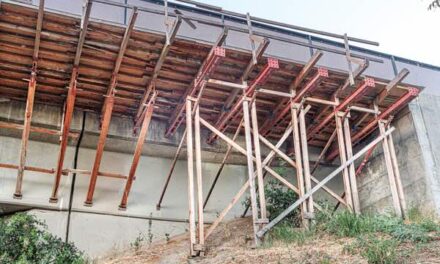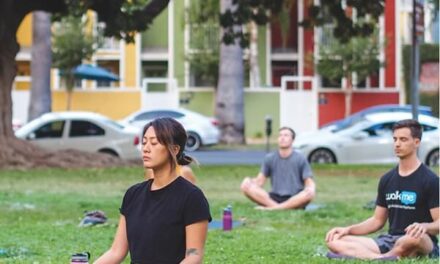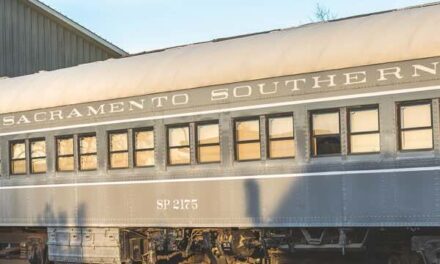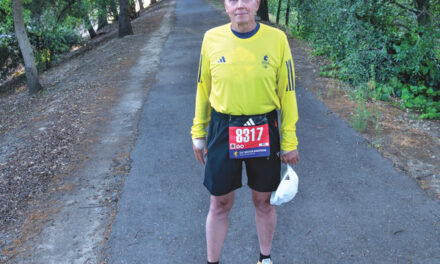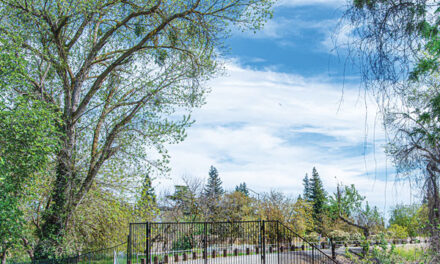The names were evocative, inspired by the river and people who lived, worked and played on it. Amen’s Landing, B and B Harbor, Cotton’s Landing, Stogey’s Landing, Shaw’s Landing, Captain’s Table, Wheeler’s Landing.
From Elkhorn to Freeport, a string of boat ramps, docks, waterfront cafés, taverns, picnic grounds and fishing camps made the Sacramento River levee accessible, enjoyable and essential to generations.
Today, below Miller Park and Downtown, old recreational haunts are gone. Some were destroyed by the river and its seasonal torrents. Others collapsed when operators tumbled into financial despair.
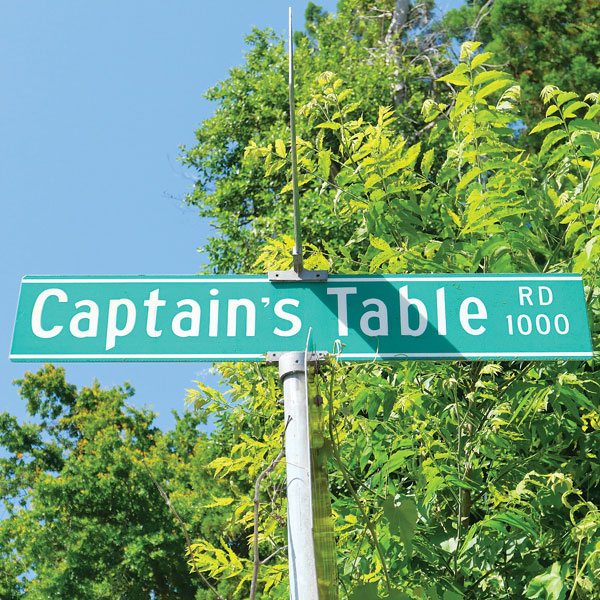
The Sacramento River has always drawn people pursuing recreation. What’s criminal is how city leaders ignored the river’s recreational appeal.
These days, city officials seek to buy something called “recreational” easements from about 70 property owners near the levee in Pocket. The city insists it needs these “recreational” easements to finish the Sacramento River Parkway bike path.
The 70 or so property owners rejected the city’s offers. Now authorities are determined to acquire easements under eminent domain. The bike trail should open in two or three years. Selfish property owners will try to stall the festivities.
None of this had to happen. A century ago, planning consultant John Nolen advised the City Council to buy riverfront property from Downtown to Pocket. A decade later, planner Frederick Law Olmsted Jr. presented the same proposal. Both were ignored.
Farmers along the river in the early 20th century wanted to reduce liabilities and responsibilities. They were eager to offload the levees onto taxpayers. They sold levee easements to the state for almost nothing.
There are dozens of easements. Most are masterpieces of brevity. No legal jargon, just monuments to taciturn farmers who wanted the state to handle levee maintenance and safety. The easements say: Here are the levees. Take them.
Nolen and Olmsted predicted today’s controversy over “recreational” easements. They envisioned those 70 suburban property owners selfishly holding up a regional parkway and bike trail. Nolen and Olmsted instructed the city how to avoid it.
Why did the city ignore these nationally respected planners? One answer is City Council’s misunderstanding of the word “recreation.”
A century ago, the word lacked familiarity and common use. Farmers never spoke of “recreation.” Neither did state officials or country lawyers.
In those days, almost everyone in Sacramento played and fished along the levees and rivers. Nobody called it “recreation.”
I dug deep to unearth the history of “recreation.” The word goes back 600 years. But it wasn’t until after 1945 that “recreation” began to commonly describe what Californians do when they find a river or forest or mountain trail.
The word surfaces in 1864, when California tries to establish Yosemite Valley for “public use, resort, and recreation.”
But when Congress creates Yellowstone National Park in 1872, it describes the site “as a park of pleasuring ground for the benefit and enjoyment of the people.” No recreation. For the next 70 years, recreation serves as an academic concept, an act of “refreshment,” vague to everyday citizens.
“Recreation” was popularized in the 1950s. Workdays shortened after World War II. People had time and money for leisure and “refreshment.”
Boat showrooms opened on Broadway and Freeport Boulevard. Along Riverside Boulevard, a barge restaurant called Captain’s Table greeted guests at Shaw’s Landing in 1956. It advertised itself as “The Fisherman’s Wharf of Sacramento.” It featured “famous sea food.”
Downstream near 35th Avenue, the Aloha Room welcomed customers at Wheeler’s Landing. The dockside café presented Hawaiian specialities and orchids for women. It soon abandoned the Polynesian menu and hired an Italian chef.
Between 1960 and 1980, federal expenditures for recreation increased from $75 million $1.4 billion. Recreation was stamped into the national psyche.
Around that time, Pocket and Little Pocket were subdivided. Again, the city blew its chance to control the levee. It let new suburban homeowners pretend they “owned” the levee and river.
Eminent domain will finally end the nonsense. Recreation should never be so difficult.
R.E. Graswich can be reached at regraswich@iclould.com. Follow us on Facebook, X and Instagram: @insidesacramento.



